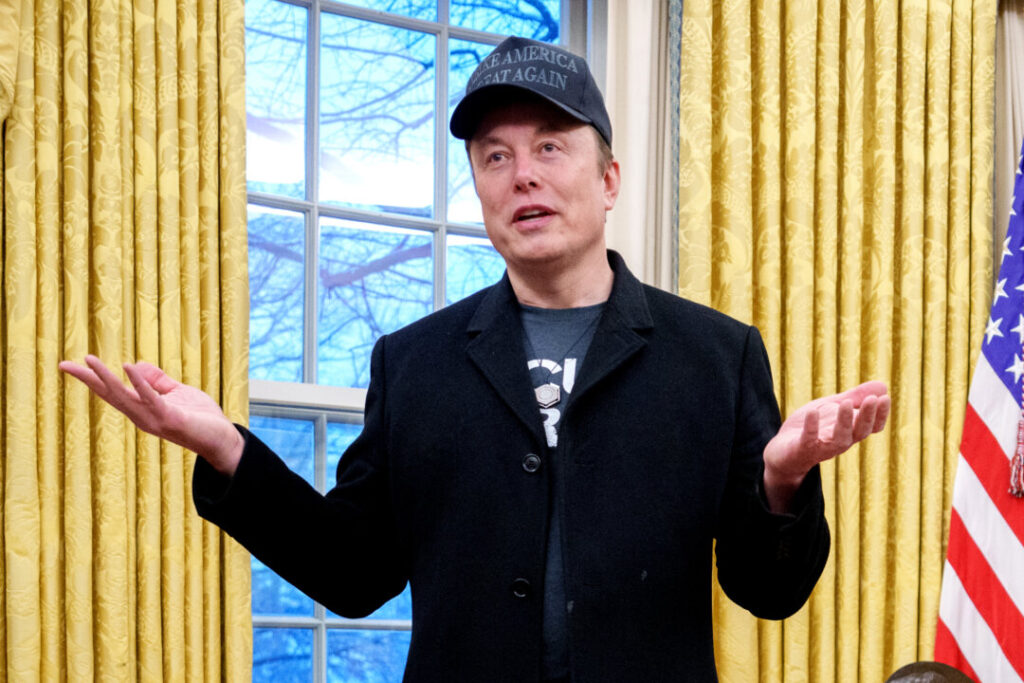The cancellation of the contract alone accounted for around 20% of the overall savings, Doge said.
Doge, led by SpaceX CEO Elon Musk, said cost-cutting efforts at several federal agencies had saved an estimated $55 billion as of February 17th.
Doge said contract cancellations alone accounted for around 20% of the overall savings accumulated since the advisory body was established.
The top 10 agencies with the highest total contract savings include the United States Organization for International Development (USAID), the Department of Education, the Department of Personnel Management, the Department of Health and Human Services, and the Department of Agriculture.
According to the data, Doge has cancelled more than 200 contracts issued by USAID, the agency responsible for managing foreign aid and development assistance in the United States.
The list includes cancellations of contracts related to diversity, equity, and inclusion (DEI) initiatives.
Among the cancelled contracts are the $45 million DEI scholarship program issued by USAID in Myanmar, formerly Burma, and the $36 million DEI training contract for the leadership and supervisors of the Department of Homeland Security; I had $130,000 for DEI training at the Department of Defense.
Subscriptions to the Politico Pro, the Washington Post, the Bloomberg government, and the Wall Street Journal have also been cancelled.
Doge said data will be updated twice a week while the website is improving. The Advisory Group aims to provide real-time updates in the future.
The Treasury said it assigns an identification code called the Treasury Access Symbol (TASS), which is designed to note the accounts to which the Treasury payments are linked. Doge said it was a “standard financial process” for bookkeeping. However, according to Doge, the code is not allocated for payments worth trillions of dollars, as the classification field was set as an option.
Doge said the identification code is now mandatory to allow tracking all payments.
After taking office on January 20th, President Donald Trump signed an executive order renamed DOGE to existing US digital services, and was tasked with reviewing federal agencies about potential downsizing and cost savings. did. The order states that Doge’s work is expected to be completed by July 4, 2026.
To conduct audits, Doge is granted access to the federal system, posing legal challenges from democratic lawmakers and trade unions who argue that access is unconstitutional.
“We can’t do anything without our approval, we won’t do anything,” Trump told White House reporters in early February. If it’s not appropriate, we don’t. ”
“He’s reporting,” the president said.
“People voted for a massive government reform, and that’s what people are trying to get,” the tech billionaire said. “That’s what democracy is all about.”
The Government Accountability Office, the Congressional watchdog, estimates that fraud and inappropriate payments have led the US government to lose between $233 billion and $521 billion each year.
Reuters contributed to this report.



